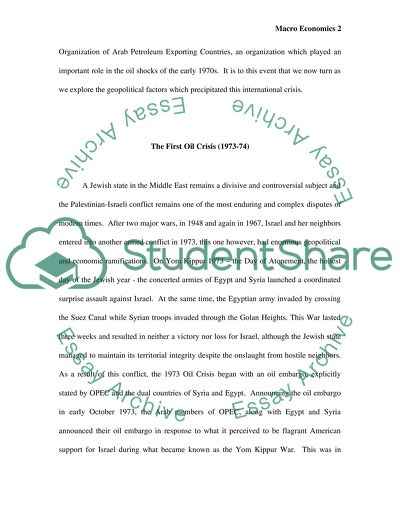Cite this document
(International Oil Crisis Coursework Example | Topics and Well Written Essays - 2000 words - 2, n.d.)
International Oil Crisis Coursework Example | Topics and Well Written Essays - 2000 words - 2. Retrieved from https://studentshare.org/macro-microeconomics/1552959-macro-economics
International Oil Crisis Coursework Example | Topics and Well Written Essays - 2000 words - 2. Retrieved from https://studentshare.org/macro-microeconomics/1552959-macro-economics
(International Oil Crisis Coursework Example | Topics and Well Written Essays - 2000 Words - 2)
International Oil Crisis Coursework Example | Topics and Well Written Essays - 2000 Words - 2. https://studentshare.org/macro-microeconomics/1552959-macro-economics.
International Oil Crisis Coursework Example | Topics and Well Written Essays - 2000 Words - 2. https://studentshare.org/macro-microeconomics/1552959-macro-economics.
“International Oil Crisis Coursework Example | Topics and Well Written Essays - 2000 Words - 2”. https://studentshare.org/macro-microeconomics/1552959-macro-economics.


